When you think of Korean companies or brands, what comes to mind?
Gmarket? MUMUSO.kr?
Would you believe that these companies are actually not Korean-owned?
Today we're going to look at ten companies that are commonly believed to be Korean, but are actually foreign-owned.
Gmarket
![Gmarket photo]()
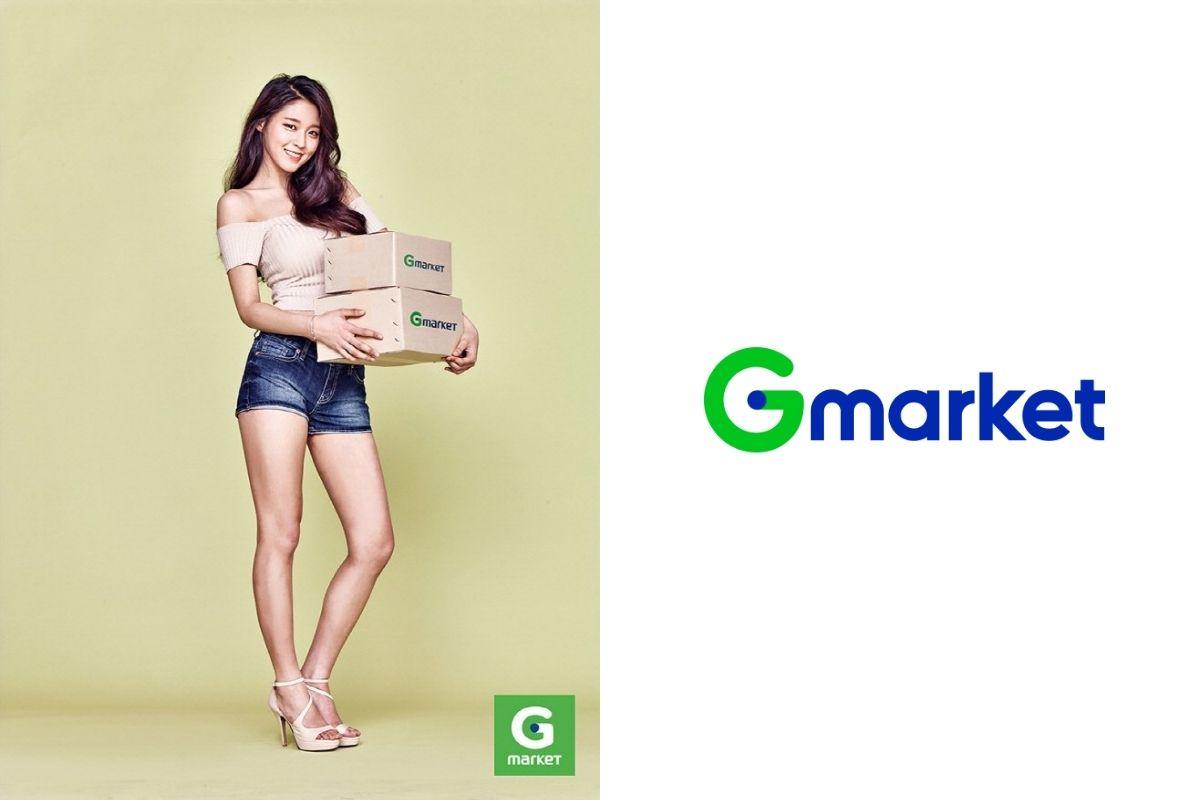
Gmarket is one of the largest online shopping platforms and everyone thinks it is Korean.
To be fair, it was originally Korean when founded in 2000 by Interpark, but it was acquired by eBay in 2009, so it is technically a US company now.
Yogiyo & Baemin
요기요 & 배달의민족
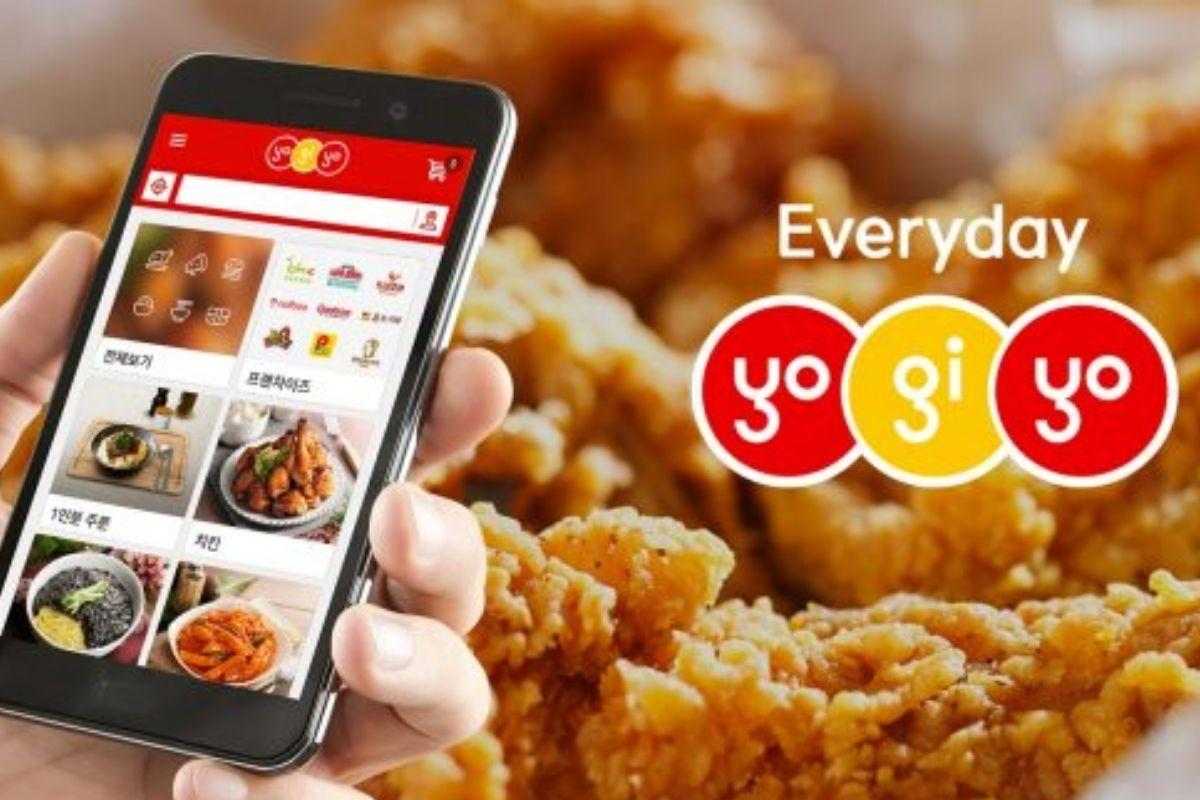
Yogiyo (요기요) and Baemin (배달의민족) are two of the most commonly used take-out delivery apps in Korea.
While the apps themselves are all in Korean, Yogiyo is actually owned by a German company called Delivery Hero.

Baemin was founded by Kim Bong-Jin (김봉진) in 2010, but on December 28, 2020 Delivery Hero acquired 88% of its shares.
GIORDANO

Many people, including Koreans are under the impression that Giordano is a Korean brand because they often have endorsement deals with Korean celebrities.

GIORDANO is actually a Hong Kong based company, founded in 1981 by Jimmy Lai.
They currently have more than 8,000 employees and 2,400 stores in over 30 countries around the world.
LION Korea
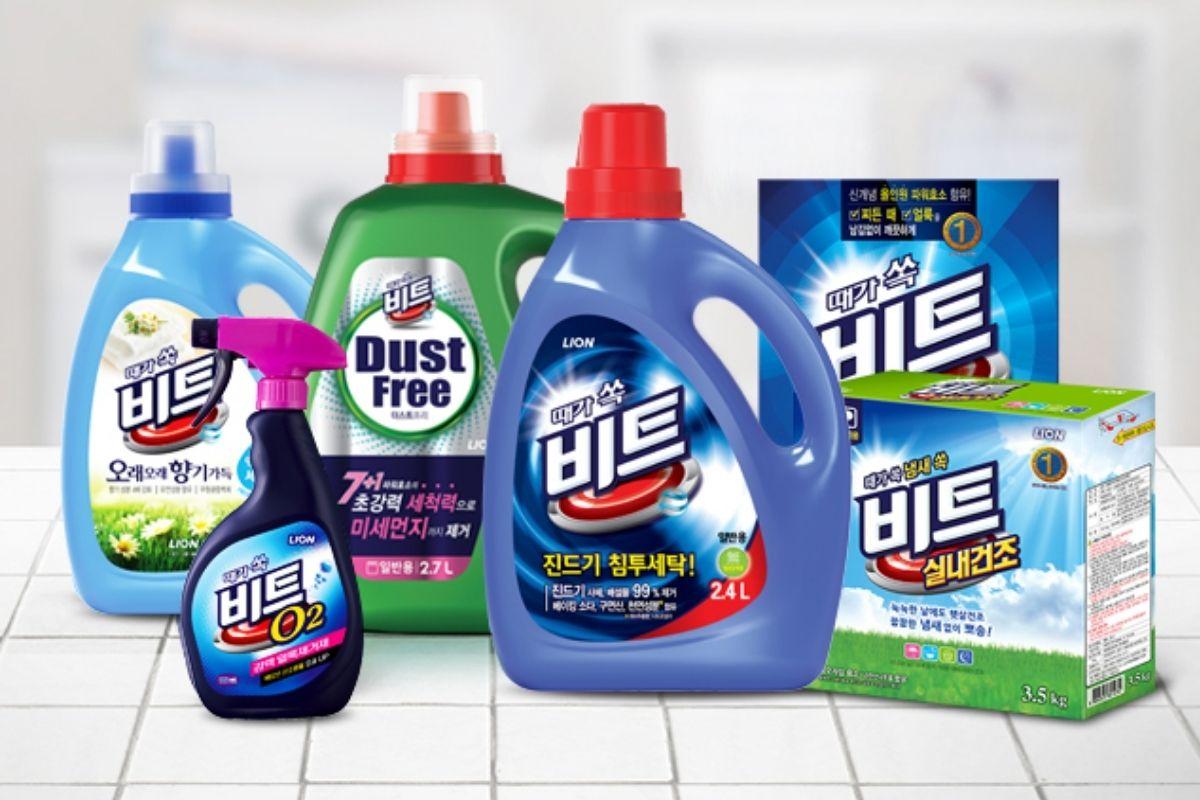 LION Korea manufactures soaps, detergents, and other commonly used cleaning products.
LION Korea manufactures soaps, detergents, and other commonly used cleaning products.
Many people think it is a Korean company, as the name would suggest, however it is actually Japanese.
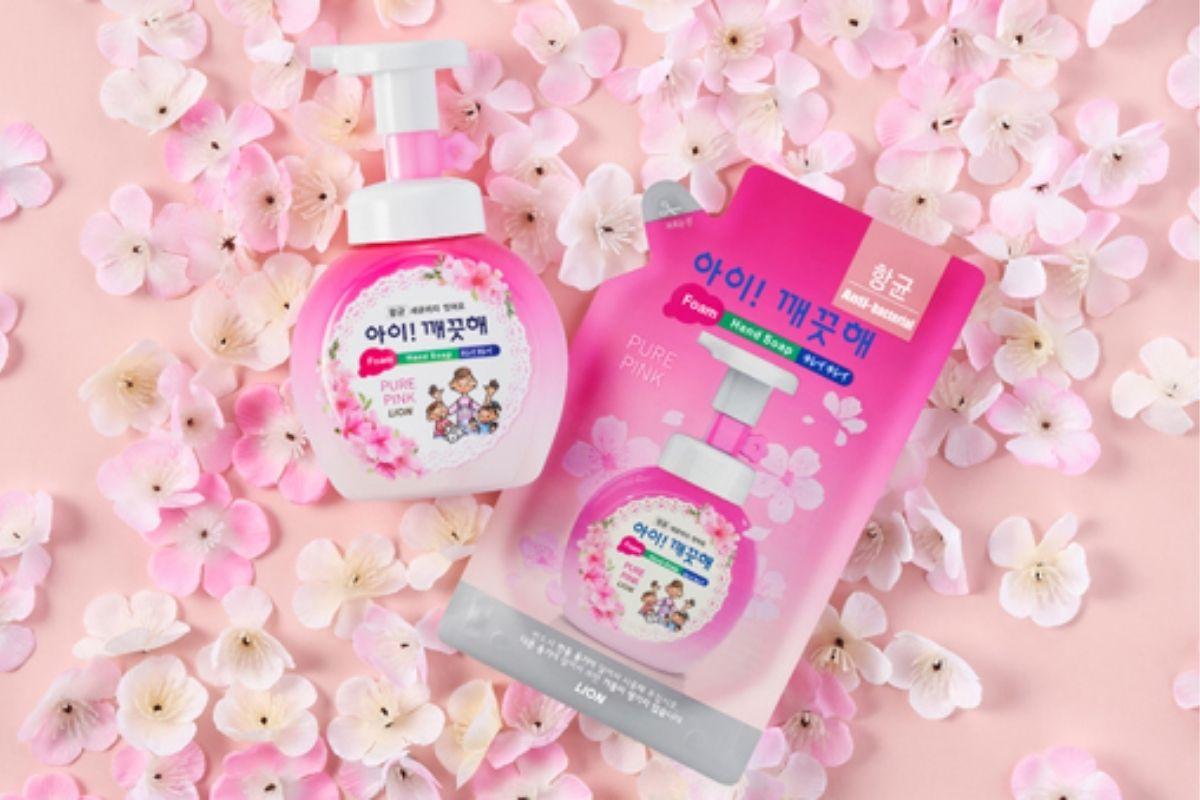
Previously, LION Korea was CJ Lion, established by Korean company CJ Co and Japanese company Lion Co in 1990.
In 2017, the contract they both signed expired and LION took over, renaming it LION Korea.
Kumho Tire
![KUMHO TIRE ad]()
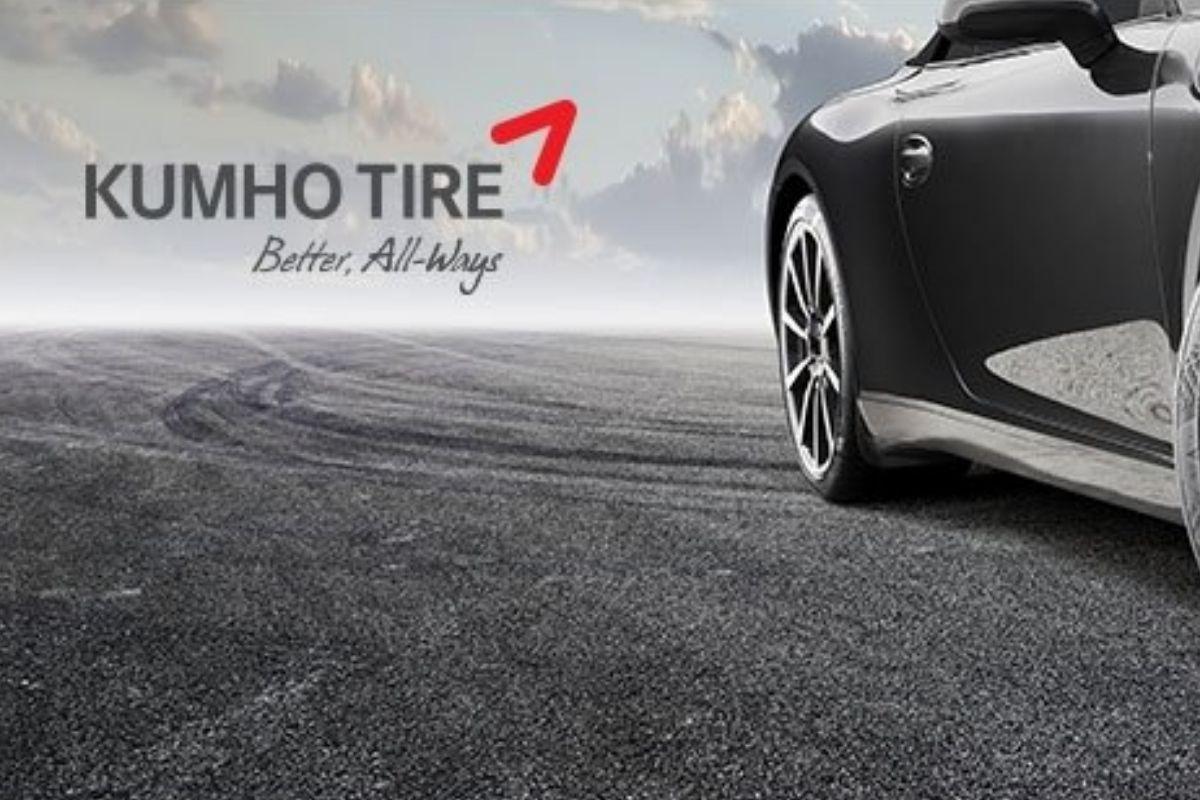
Kumho Tire was established in 1960 and is one of the three largest tire manufacturers in Korea, alongside Hankook and Nexen.
In 2018 Chinese conglomerate Doublestar acquired a 45% stake in Kumho for around 597.4 million USD.
This put them in the position to be the controlling shareholder.
Nolboo
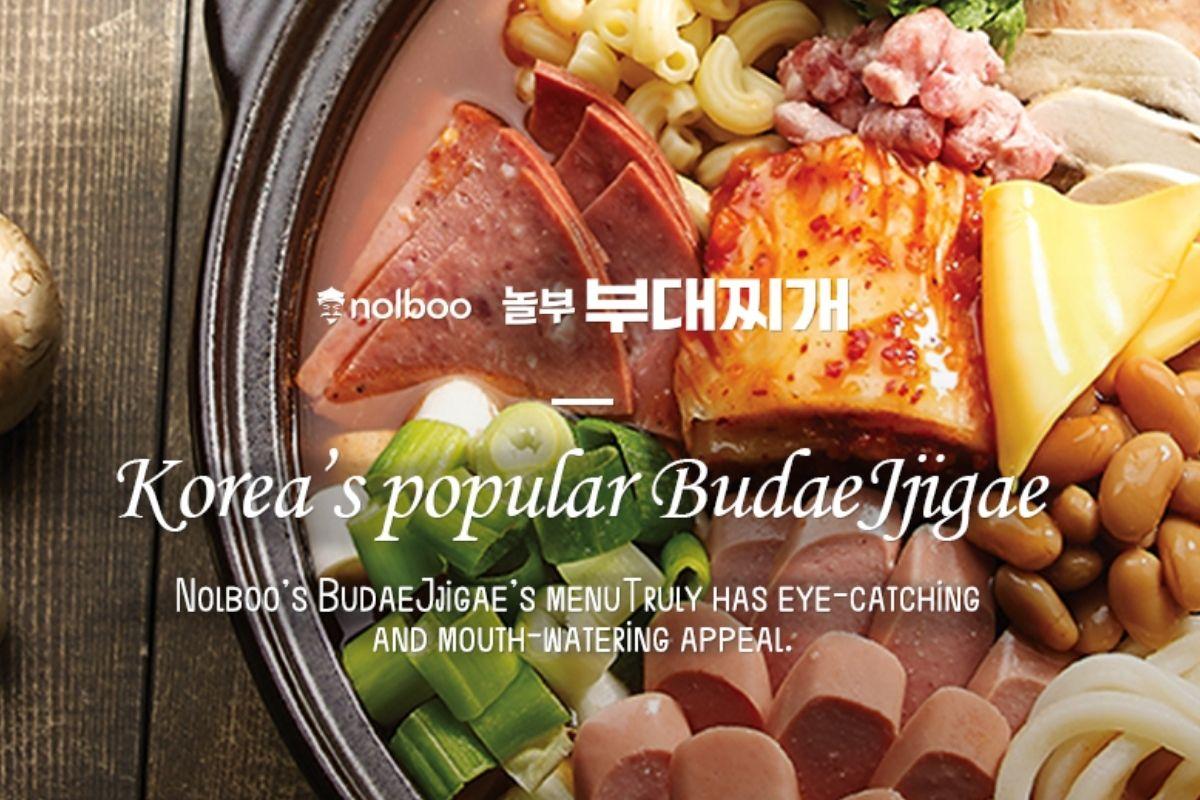
Nolboo is a chain famous for Budae Jjigae, aka Korean Army Stew, as well as other Korean foods.
The chain was established in Korea in 1987, but in December 2011, Morgan Stanley Asia Investment Co., Ltd. acquired Nolboo for 120 billion won (around 103 million USD), making it a US-owned company.
ilahui Korea

ilahui Korea, would be assumed to be Korean from its name, however it is actually a Chinese brand.
MUMUSO.kr
![MUMUSO.KR store]()
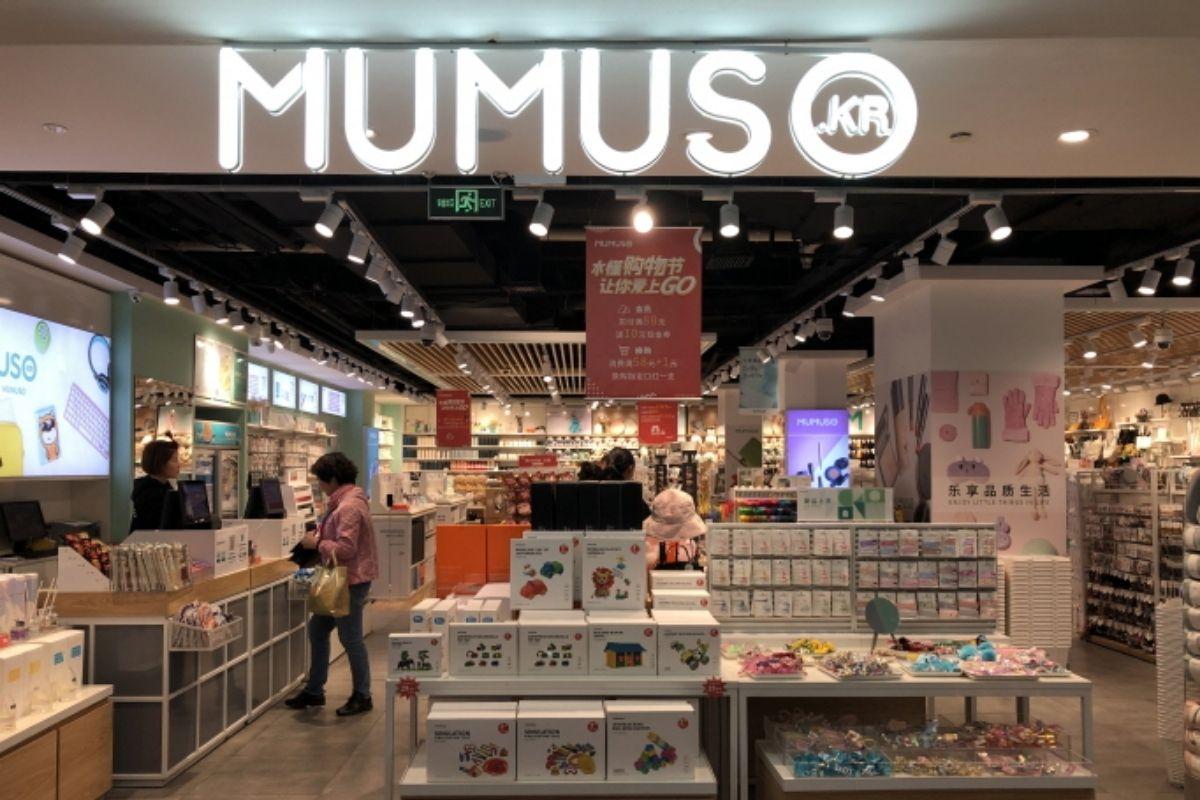
Like ilahui, MUMUSO.kr is made to look Korean, but it is actually also Chinese.
It was first opened in 2014 in Korea and claimed to be Korean, but then when the truth came out, they said changed to saying "inspired by Korean aesthetics".
There website now disclaims they are a Chinese company and proud to be so
minigood
![minigood store and product ad]()
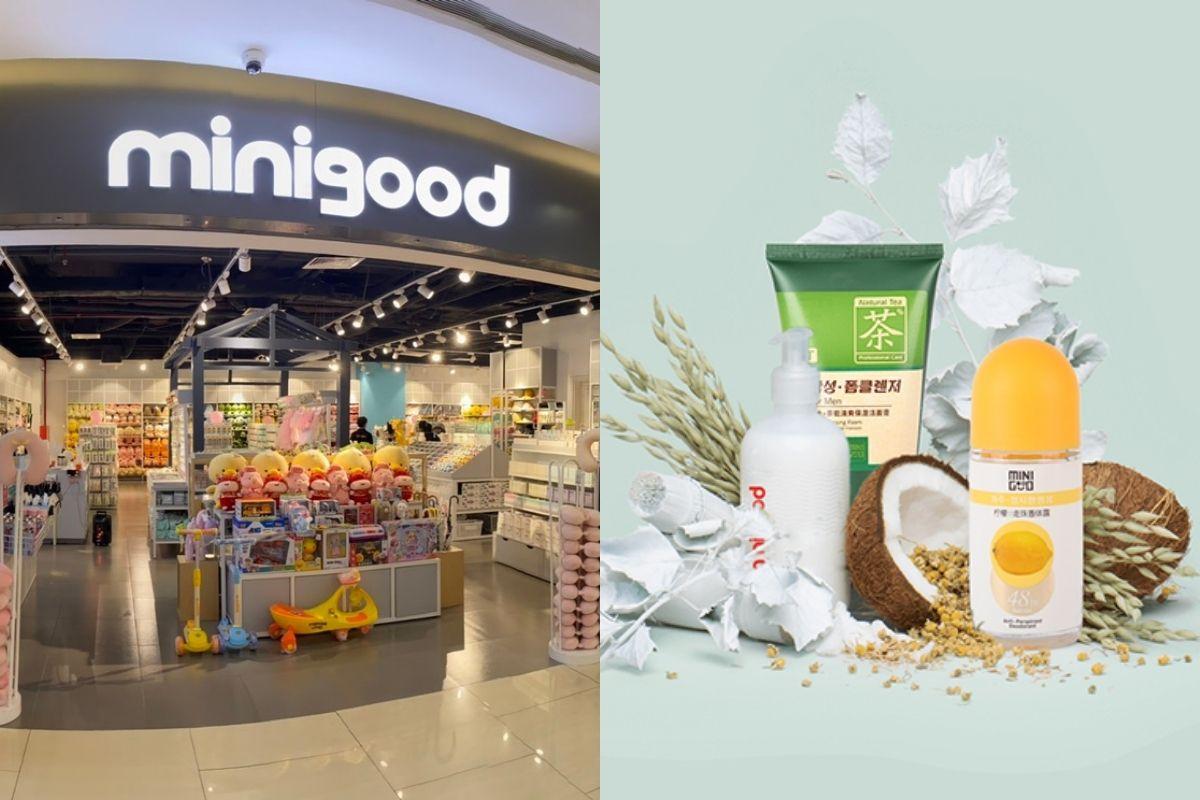
minigood is another brand that looks like it is Korean, from the packaging style to the writing, but is actually Chinese.
These were ten brands commonly mistaken for Korean brands.
What do you think about this?
Book all things trending in Korea on Creatrip! If you have any questions or concerns, please leave a comment below or send us an email at help@creatrip.com! You can follow us on Instagram, TikTok, Threads, and Youtube to stay updated on all things Korea!




